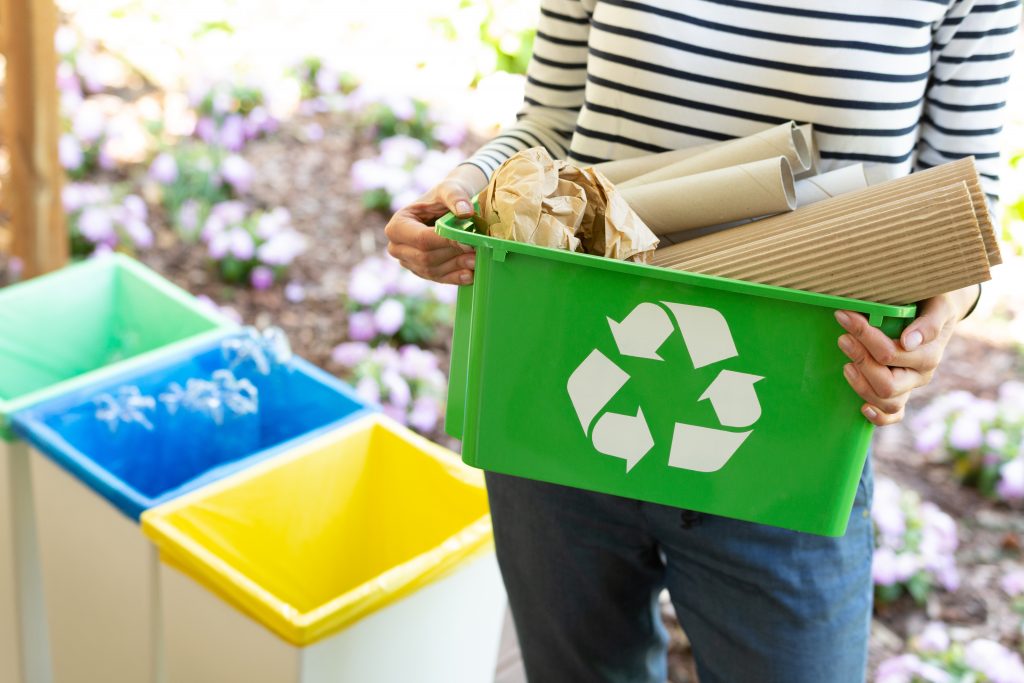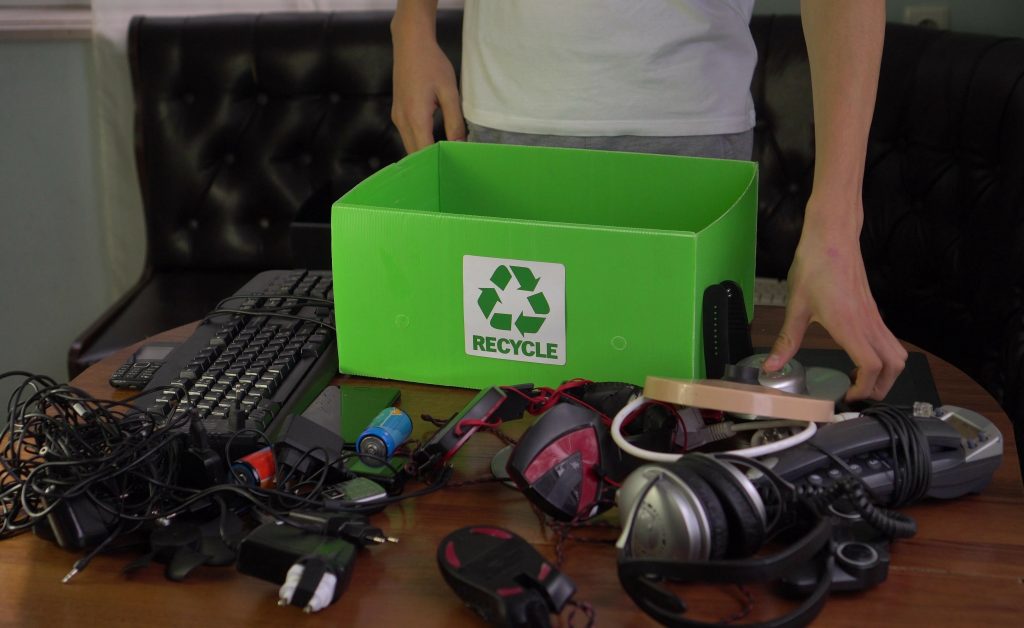Batteries qualify within the list of hazardous waste, and as such require special attention when disposing of them.
A hazardous waste is any contained solid, liquid, or gaseous material that is disposed of as garbage, burned or incinerated, or recycled. However, they can also be by products of a manufacturing process, such as cleaning fluid or battery acid.
North Carolina has made it illegal to dispose of a lead-acid battery (used in cars) in a landfill, incinerator, or any waste-to-energy facility since 1991. In fact, the law requires sellers to accept batteries for recycling . And in a way to promote this care in handling this hazardous waste, they must also place a sign in their businesses that says:
“It is illegal to improperly dispose of a motor vehicle battery or other lead acid battery”.
“Recycle your used batteries”.
“State law requires us to accept used motor vehicle batteries or other lead acid batteries for recycling in exchange for purchased new batteries”.
But also lithium-ion batteries create a dangerous situation, since if they break they cause fires due to their flammable content.
How to properly dispose of batteries?
Any type of battery, including domestic AAA, AA, C, D, watch, button, hearing aid, computer or even car batteries, require different handling to recycle or treat and dispose of safely.
The first rule is not to deliberately throw them in the trash. Even those that, because they are composed of non-hazardous products, are not classified by the federal government as hazardous waste. Such is the case of the alkaline type (manganese) or some carbon ones that are for daily use.
You should also not burn batteries because of metals (such as mercury) that could explode, evaporate, and escape into the air. Cadmium and lead can also end up in the ashes. This is what happens with:
- lead acid batteries for vehicles,
- with sulfuric acid,
- those with silver oxide,
- with Nickel-Cadmium (Rechargeable) that you use in flashlights and toys.
The most correct option for any type of this product is to investigate where the recycling facilities for household hazardous waste are located in your district or county. On the other hand, the same manufacturers and sellers can to receive used batteries to give them the correct treatment.
In the meantime, you can store the batteries in a safe container and avoid contact points touching each other. One way is to put tape on the positive and negative ends to prevent a short circuit or any other type of current coming from the batteries.


